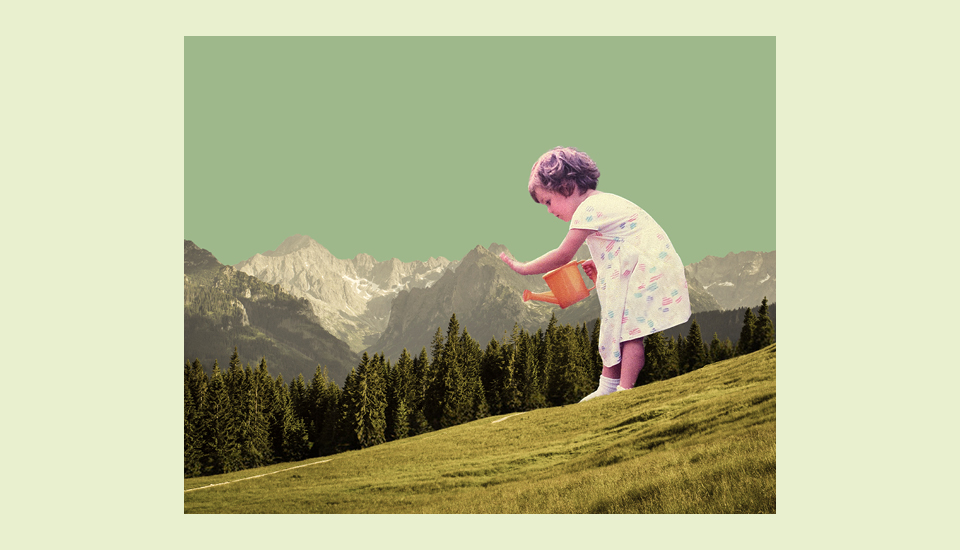
Summary
Active, nature-based creative play is crucial for children’s development and environmental awareness, but access to such play is diminishing, particularly in underserved communities. In the UK, only 24% of children play outside for over one hour a day, and even fewer visit wild spaces regularly. To address this, the RSA’s Playful Green Planet initiative aims to transform unused urban green spaces into vibrant play areas and schoolrooms through community co-design.
Reading time
Three minutes
Could the RSA’s Playful Green Planet intervention help create a world where every child has access to nature-based play spaces?
The benefits of active, nature-based creative play for children are well known. Nature-immersed creative play supports children’s development and wellbeing, fosters an appreciation and respect for the natural world, and grows their interests and capabilities in climate action and social activism.
But we are in a time of crisis: children have limited access to play in natural spaces and, even when they do, they do not always feel welcome, particularly those in communities with large socioeconomic disparities.
The crisis
Extensive research highlights this crisis — whether that is less time playing in nature or less connection to nature. An optimistic way to address this crisis is through place- and community-based approaches. These focus on growing children’s agency by co-designing with them accessible interventions that transform how they engage with nature, fostering a new generation of environmentally conscious and socially active citizens.
The vision
Through Playful Green Planet, the RSA wants to create a world where every child has access to nature-based creative play spaces and experiences that grow their social and climate action capabilities. We are partnering with the Eden Project, Bath Spa University, the Land Trust and others to launch this ambition. Playful Green Planet will be co-created by a movement of local citizens and coalitions (the Playful Green Planet stewards), transforming unused green spaces within walking distance of community centres, schools and early childhood settings into ecologically thriving outdoor playrooms and classrooms.
We will learn from and build on existing nature-based learning initiatives (for example, the National Education Nature Park), presenting a unique and complementary approach.
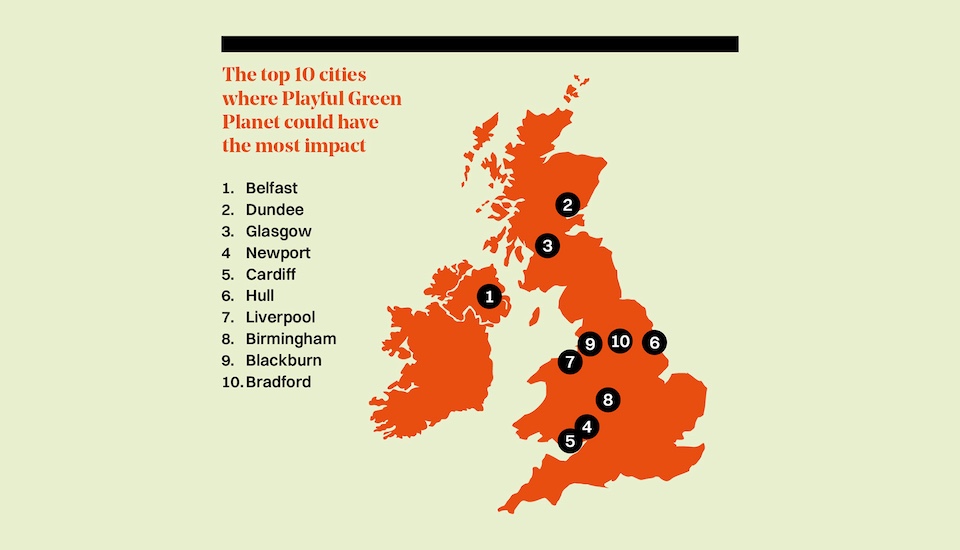
24%
In the UK, only 24% (Edelman, 2016) of children spend more than one hour per day playing outside — the time outdoors recommended in the UN guidelines for prisoners.
1 in 10
Fewer than 1 in 10 UK children regularly play in wild spaces (Wainright, 2012), compared with half of children a generation ago, and 1 in 10 do not visit a natural environment even once per year (Barkham and Aldred, 2016).
56%
Just 56% (Edelman, 2016) of children in Brazil, China, India, Indonesia, Portugal, South Africa, Turkey, UK, USA and Vietnam play outside for more than one hour per day.
1 in 5
Only 1 in 5 (McGrath, 2013) British children say they feel connected to nature.
Playful Green Planet stewards need to have:
- access to green areas in deprived neighbourhoods in one of the ten cities
- strong connections with the local community
- expertise in environmental education and creative learning methodologies
Playful Green Planet’s approach
- Targeted: focuses on urban places where nature-based creative play is limited or difficult to facilitate.
- Place-based: supports local people, groups and institutions to use latent green spaces.
- Co-created: playful spaces and experiences are co-designed and co-produced to meet local ambitions.
- Promoting play: focuses on nature-immersed playful learning experiences that unlock children’s imaginations.
- Open to everyone: supports nature-based creative play experiences for all children, their families and communities.
- Sustainable: offers tailored support, including training and advice on fundraising and financial sustainability, and is invested in seeing initiatives flourish for many years.
- Driving nested outcomes: encourages outcomes that are good for children, communities and environmental regeneration.
The action
The RSA conducted data research that identified the urban places in the UK where Playful Green Planet could have the greatest impact. We looked at high levels of deprivation as measured by the Index of Multiple Deprivation and, where applicable, the Income Deprivation Affecting Children Index, and cross-referenced the results with UK Office for National Statistics data on access to gardens and public green space in Great Britain. Next, the RSA put out a call across our Fellowship to find potential Playful Green Planet stewards interested in creating projects in these target cities.
We have received interest from some fantastic Playful Green Planet stewards and are looking to pilot this approach from this autumn contingent on funding. Our ambition is to seed 20 Playful Green Planet sites over the next five years.
If you are a Fellow interested in becoming a steward and kickstarting Playful Green Planet in your community, we would love to hear from you. We are also looking for partners who would like to support this work and strengthen their impact.
We invite you to join us in this exciting endeavour.
Cathy Pineo is the RSA’s Head of Regenerative Learning and Design.
Eirini Zormpa is a Quantitative Researcher at the RSA.
This feature first appeared in RSA Journal Issue 3 2024.
pdf 4.7 MB
Read more features from the RSA Journal
-
Community banking: shared interest
Priya Sippy
Community banking is a microfinance model built on trust. In it, the community wins or loses together. It is gaining in popularity on the African continent as community banking goes digital.
-
Wikimedia: people-powered
Lucy Crompton-Reid
In an age where knowledge is everything, Wikimedia’s behind-the-scenes communities are keeping the lights on and ensuring the truth is told.
-
Ideas Foundation: eyes wide open
Heather MacRae
The Ideas Foundation provides opportunities for students in less advantaged schools across the UK to build creative and cultural capital through workshops and excursions. Their mission? To nourish a new creative generation.
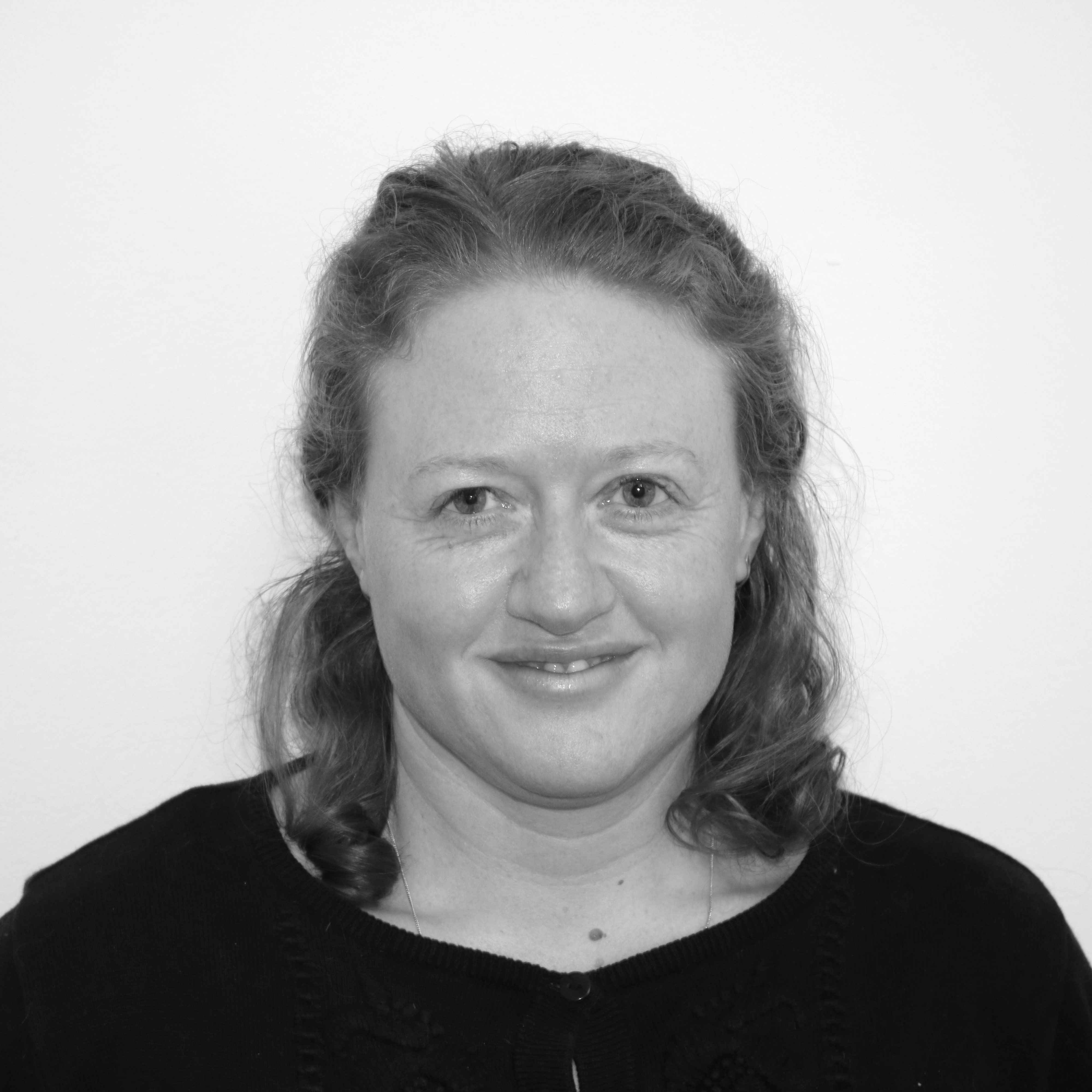


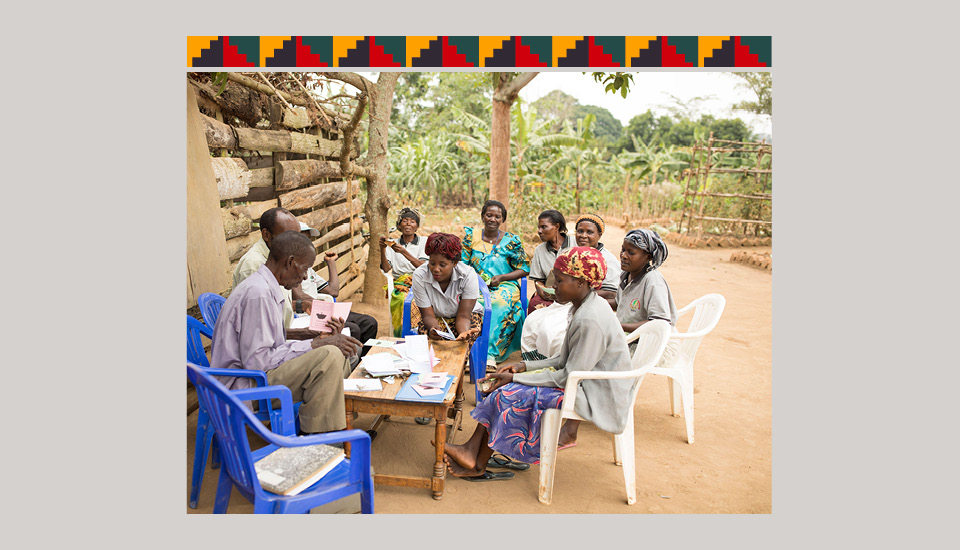

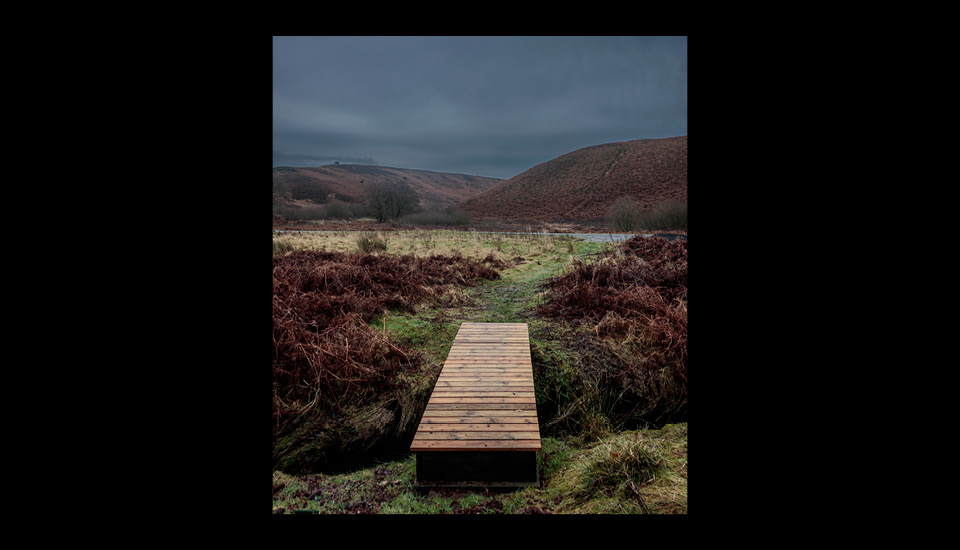
Be the first to write a comment
Comments
Please login to post a comment or reply
Don't have an account? Click here to register.